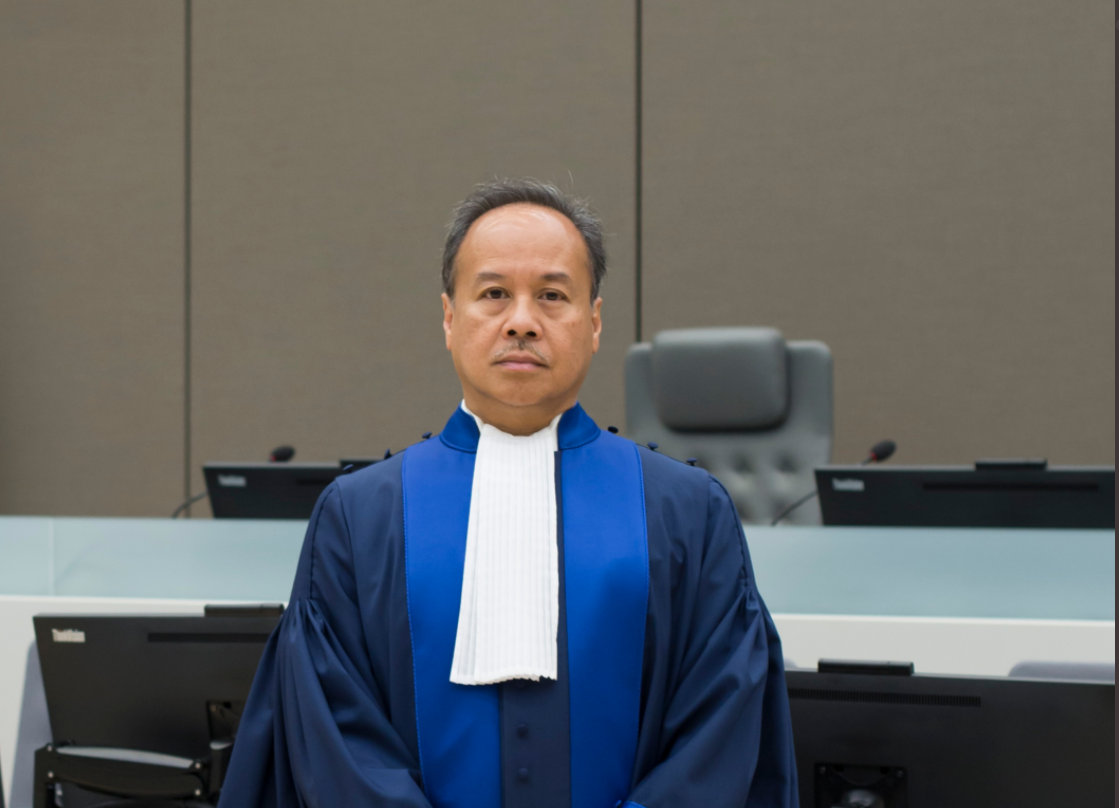Philippine withdrawal won’t affect ICC proceedings on drug war –Pangalangan

The International Criminal Court may still conduct an investigation or even trial into the alleged human rights violations linked to the war on drugs even after the Philippines leaves the tribunal, retired ICC judge Raul Pangalangan suggested on Friday.
Pangalangan said the Rome Statute— the treaty which established the ICC— was clear about this matter.
“When we signed the Statute, we agreed to the terms laid down in the Statute. Article 127 of the Statute says the Court retains jurisdiction even after withdrawal. It retains jurisdiction over all crimes committed in its territory while it was still a member of the Rome Statute,” he said in an online forum on crimes against humanity and the ICC.
The Philippines officially withdrew from the Rome Statute on March 17, 2019.
In her request for a formal inquiry, former ICC prosecutor Fatou Bensouda said the Court retains jurisdiction over alleged crimes against humanity committed on Philippine territory when it was a state party from November 1, 2011 to March 16, 2019.
Bensouda, who was succeeded by British lawyer Karim Khan last week, sought an investigation into the deaths under the drug war from July 1, 2016 to March 16, 2019, allegations of torture and other inhumane acts, and the alleged extrajudicial killings in Davao City in from 2011 to 2016.
The prosecutor’s request is currently pending before the Pre-Trial Chamber (PTC), which is composed of three ICC judges.
Pangalangan said the chamber must be convinced that there is a reasonable basis to proceed with an investigation and the case appears to fall within the jurisdiction of the ICC.
“Normally, when a Pre-Trial Chamber grants permission, the PTC will typically give some latitude to the prosecutor because the prosecutor needs some space to look into the relevant facts in order to present in the end the indictments,” he said.
He added a State could participate in the proceedings only after the prosecutor initiates a formal investigation following the authorization by the PTC.
“The State comes in when the pre-trial chamber says ‘Okay prosecutor you now have our permission to proceed to a formal investigation’ and then the State will be notified and it can present its case before the Pre-Trial Chamber in the course of that investigation,” he said.
For his part, Ruben Carranza of the International Center for Transitional Justice said victims of abuses in the drug war can now submit their opinions, concerns, and expectations regarding the prosecutor’s request to the ICC.
“If you look at the ICC website, there is a page there that announces that the victim representation process in the Republic of the Philippines situation is open,” he said.
Meanwhile, University of the Philippines law professor Andre Palacios said neither the government nor the Commission on Human Rights would be obliged to cooperate with the ICC’s investigation since the country is no longer a party to the Rome Statute.
“Any role that they would play would have to be done based on their voluntary cooperation,” he said.
“I understand that the Commission on Human Rights is an independent constitutional commission and therefore may make its own decision with regard to whether it will cooperate with the ICC.”
Pangalangan added the cooperation of states is necessary especially in implementing court-issued orders such as arrest warrants.
Malacañang has repeatedly said President Rodrigo Duterte and the government would not cooperate in any ICC investigation due to lack of jurisdiction. The Palace also said the request for an investigation was “legally erroneous and politically motivated.”
“Why would I defend or face an accusation before white people. You must be crazy,” Duterte said in a televised address on June 21.
“Our laws are different. Our criminal procedure is very different. How [are] you supposed to get justice there?” — DVM, GMA News




